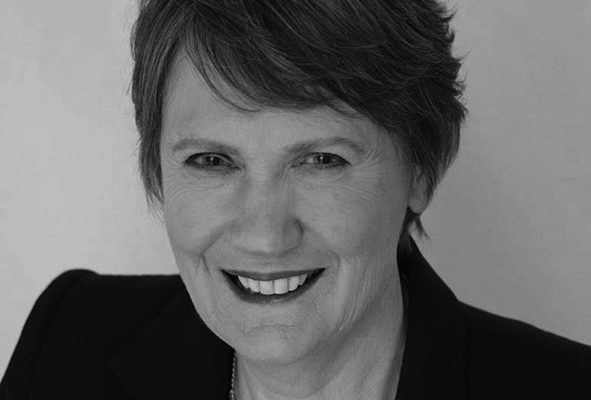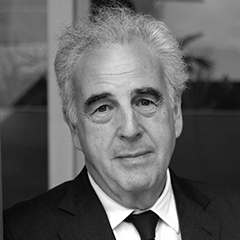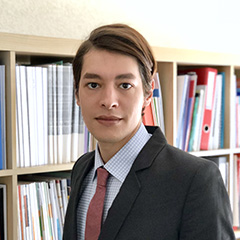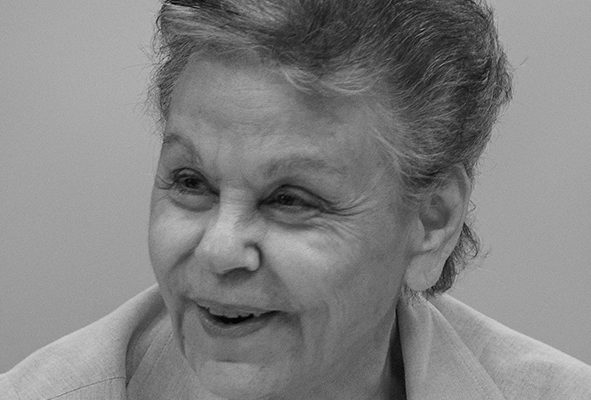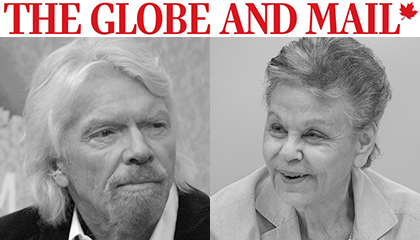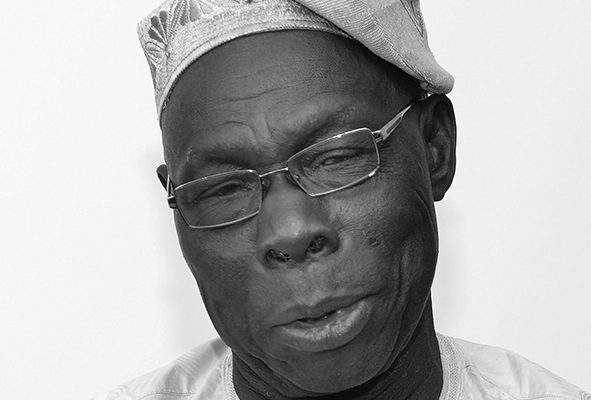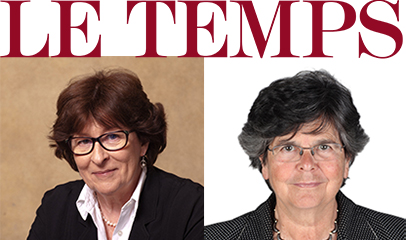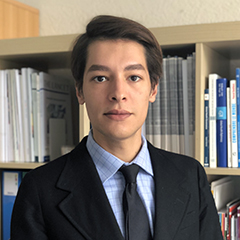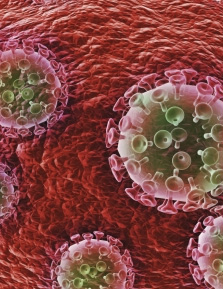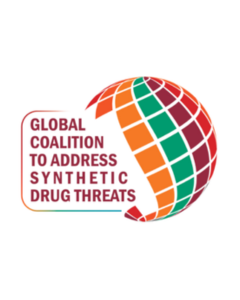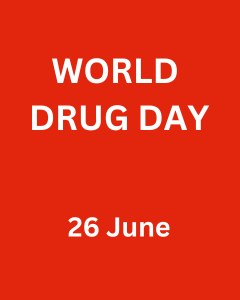Commissioner Helen Clark in the Asahi Shimbun: “Alcohol, tobacco more harmful than cannabis”
Commissioner Helen Clark, former Prime Minister of New Zealand and former Administrator of the United Nations Development Programme, reaches out to the Japanese public in an interview with the Asahi Shimbun on the need to classify drugs according to a scientific assessment of their harms, and to legally regulate drugs.
Commissioner Kazatchkine in BMJ: “The time has come to implement harm reduction policies in Eastern Europe and central Asia”
Read original article in the British Medical Journal The evidence is clear, Eastern European and Central Asian countries should adopt opioid maintenance therapy and needle exchanges to curb HIV and Hep C outbreaks, says Michel Kazatchkine For many years, evidence has shown the effectiveness of opioid maintenance therapy in the treatment
Khalid Tinasti in EUObserver: “Luxembourg’s cannabis legalisation is EU opportunity”
Read original article in EUObserver. Luxembourg’s cannabis legalisation is EU opportunity The announcement that Luxembourg would legalise and regulate cannabis for recreational purposes attracted much media attention this summer. Similar to the outcome of similar discussions that took place in Canada, Uruguay, and many US states, Luxembourg authorities reached the
Commissioner Maria Cattaui speaks to Bloomberg about the need to regulate all drugs
States should take charge of and regulate all drugs: Global Commission on Drug Policy The Global Commission on Drug Policy says that in a perfect world, states would take charge and regulate all drugs. For more on this, BNN Bloomberg spoke with commissioner Maria Cattaui. Link to video
Commissioners Branson and Cattaui in Cannabis Pro/Globe and Mail: “Cannabis in the Americas: It’s time to talk about marijuana policy”
In this opinion piece, Sir Richard Branson and Maria Cattaui highlight the need for an effective regulatory framework for the growing international medical cannabis production and trade. Indeed, legalization is helping to end many of the harms related to decades-old prohibition; we must now ensure that we do not create
Op-Ed by Commissioner Helen Clark in The Guardian: “Cannabis prohibition doesn’t work anywhere. It’s New Zealand’s turn to legalise it”
Read original article in The Guardian. Cannabis prohibition doesn’t work anywhere. It’s New Zealand’s turn to legalise it In New Zealand, cannabis is classified as an illegal drug under the Misuse of Drugs Act 1975. Its possession, use and supply are subject variously to penalties ranging in severity from fines to
Interview with Commissioner Helen Clark on the 2020 Referendum in New Zealand to legalize cannabis
Helen Clark, former Prime Minister of New Zealand, former Administrator of the United Nations Development Programme, and member of the Global Commission on Drug Policy, gave her support to a YES vote in the upcoming cannabis referendum. On 4 September, the Helen Clark Foundation released a report outlining the reasons
Commissioner Obasanjo on the Model Drug Law for West Africa and the need for sensible drug policies
Read the original article on Medium. Replacing the War on Drugs: it is time for sensible drug policies Peace and war take many forms. When US President Nixon declared a War on Drugs in 1971 it sounded like a swift concerted effort after which there would be peace, something better
Ruth Dreifuss et Louise Arbour dans Le Temps: “Drogues et prisons: la faillite d’une politique”
Lire l’article original dans Le Temps Dans une tribune, Ruth Dreifuss et Louise Arbour plaident pour des alternatives à la détention pour les délinquants qui occupent le bas de la pyramide criminelle de la drogue et n’exercent ni violence ni responsabilité. Depuis la fin des années 1980, la population carcérale mondiale
Khalid Tinasti dans L’Economiste: “Drogues: Ce que la classification erronée coûte au Maroc”
Lire l’article original dans L’Economiste Drogues: Ce que la classification erronée coûte au Maroc Par Khalid TINASTI | Edition N°:5581 Le 29/08/2019 | Partager Khalid Tinasti est secrétaire exécutif de la Global Commission on Drug Policy et chercheur invité au Global Studies Institute de l’Université de Genève (Ph. KT) Dans notre imaginaire collectif,

